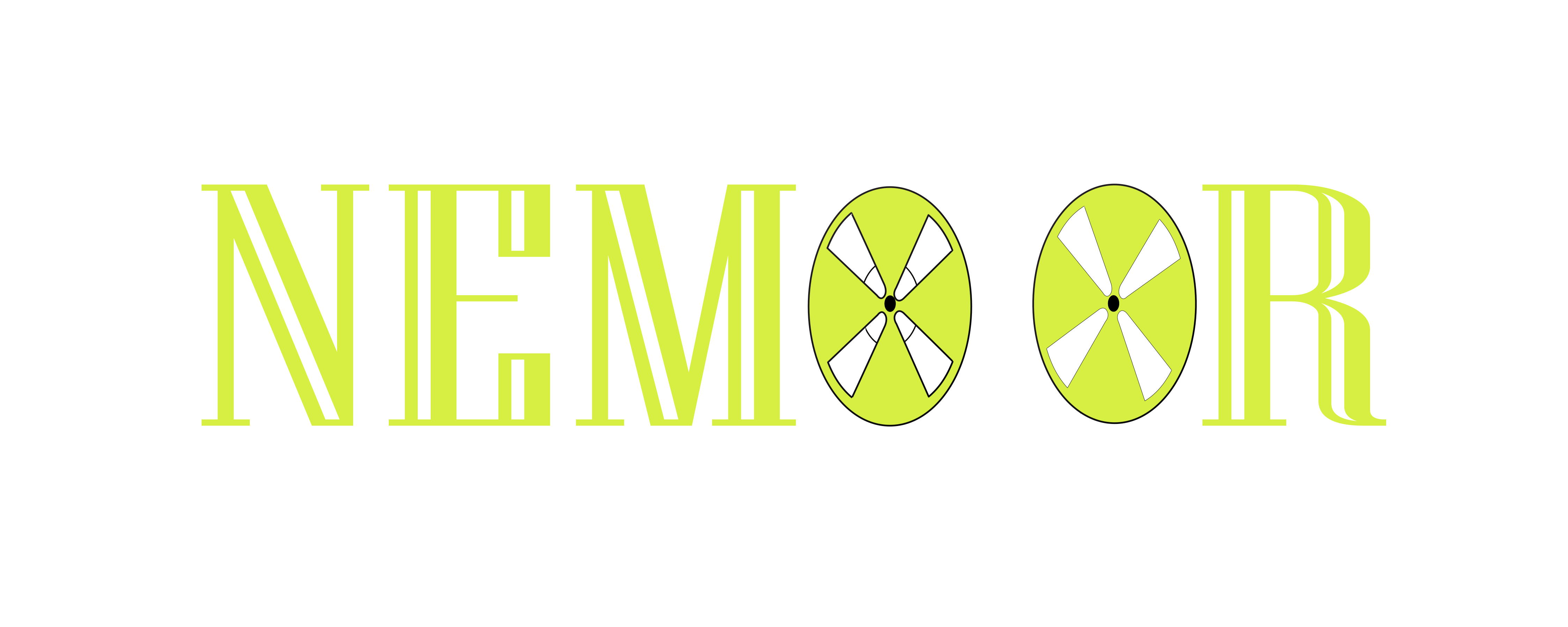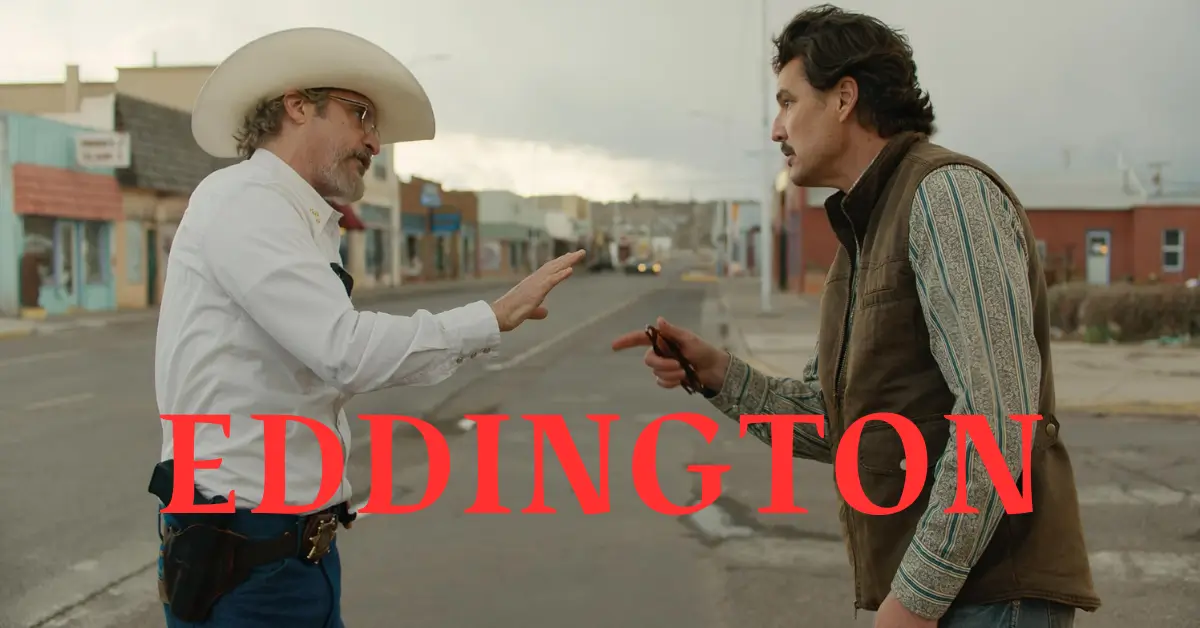Eddington: Ari Aster’s Pandemic Western Examines Societal Fractures and Psychological Strain
Eddington, In the cinematic landscape of psychological storytelling, few contemporary directors have established themselves as distinctively as Ari Aster. With his upcoming 2025 film Eddington, Aster continues his exploration of mental distress and societal breakdown through a new lens: a Western black comedy set against the backdrop of the early COVID-19 pandemic. As anticipation builds for its Cannes Film Festival premiere and subsequent theatrical release, Eddington promises a thought-provoking examination of community dynamics and psychological resilience during unprecedented times.
Thank you for reading this post, don't forget to subscribe!Basic Film Information
Title: Eddington
Release Date & Production Year: July 18, 2025 (following Cannes Film Festival premiere)
Director: Ari Aster (known for Hereditary, Midsommar, and Beau Is Afraid)
Screenwriter: Ari Aster
Main Cast & Characters:
- Joaquin Phoenix as Sheriff Joe Cross
- Pedro Pascal as Mayor Ted Garcia
- Emma Stone as Louise Cross, Joe’s estranged wife
- Austin Butler as Vernon Jefferson Peak
- Supporting cast includes Luke Grimes, Deirdre O’Connell, Micheal Ward, and Clifton Collins Jr.
Genre: Contemporary Western Black Comedy
Production Companies: A24, Square Peg
Filming Locations: Albuquerque and Truth or Consequences, New Mexico
Plot Summary: Pandemic Tensions in Microcosm
Set in May 2020 during the early months of the COVID-19 pandemic, Eddington unfolds in the fictional New Mexico town that gives the film its name. The narrative centers on the escalating conflict between Sheriff Joe Cross (Phoenix) and Mayor Ted Garcia (Pascal) as they navigate the unprecedented challenges of pandemic response in their small community.
Mental Health Themes
Eddington appears poised to explore several profound psychological dimensions:
- Isolation and Its Effects: The film examines how pandemic-enforced isolation exacerbates existing mental health struggles and creates new ones.
- Authority and Control: Through the central conflict between the sheriff and mayor, the narrative explores how power dynamics manifest during crisis situations.
- Collective Trauma: The community’s response to the pandemic serves as a microcosm for broader societal trauma processing.
- Grief and Loss: Characters navigate personal losses alongside the collective loss of normalcy.
- Political Division as Psychological Strain: The film illustrates how ideological polarization creates additional psychological burdens during crisis.
By setting these themes within the framework of a Western, Aster appears to be drawing parallels between frontier justice and modern crisis management, suggesting that beneath our veneer of civilization lie the same primal struggles for survival and meaning.
Setting & Cinematic Techniques
Pandemic Aesthetics
According to available information, Aster employs a distinctive visual approach to capture the disorienting reality of the early pandemic:
- Social Media and News Montages: These sequences reflect the information overload and media consumption that characterized the early pandemic experience.
- Blend of Realism and Stylization: Continuing Aster’s signature approach, the film likely shifts between hyper-realistic portrayals of everyday life and more expressionistic representations of psychological states.
- Western Visual Language: The New Mexico setting allows for visual references to classic Western cinematography, potentially creating tension between traditional American mythology and contemporary crisis.
The cinematography by Darius Khondji (known for his work on Uncut Gems and Okja) promises to enhance the psychological dimensions through visual storytelling, while Bobby Krlic’s score (previously featured in Aster’s Midsommar) will likely amplify the emotional undercurrents.
Acting & Character Portrayal
Psychological Complexity
With a cast led by Joaquin Phoenix, known for his nuanced portrayals of psychologically complex characters, Eddington seems positioned to offer multidimensional representations of mental distress.
Phoenix’s Sheriff Joe Cross and Pascal’s Mayor Ted Garcia appear to represent opposing approaches to crisis management, with their conflict serving as both external drama and reflection of internal struggles. Emma Stone’s character as Joe’s estranged wife adds another layer of personal turmoil to the sheriff’s experience.
Authenticity in Portrayal
While specific consultations with mental health professionals are not detailed in available information, Aster’s previous works have demonstrated careful attention to psychological authenticity. His films typically avoid simplistic or sensationalized depictions of mental health struggles in favor of more nuanced explorations.
Mental Health Representation: Potential Strengths & Concerns
Anticipated Strengths
Based on Aster’s filmography and the available information about Eddington, the film may offer several valuable contributions to mental health representation in cinema:
- Contextual Understanding: By situating psychological distress within the specific context of the pandemic, the film has the opportunity to illustrate how environmental factors influence mental health.
- Complexity Over Diagnosis: Aster typically portrays characters experiencing psychological distress without reducing them to diagnostic categories, focusing instead on the human experience of suffering.
- Collective Dimensions: The film’s focus on community dynamics could highlight the social determinants of mental health and the interconnectedness of individual and collective well-being.
Potential Limitations
Potential concerns might include:
- Stylization vs. Reality: Aster’s distinctive visual style and propensity for surrealism could potentially distort the lived reality of pandemic mental health challenges.
- Historical Proximity: The relativity recent nature of the pandemic means many viewers will have raw, personal experiences against which they’ll measure the film’s portrayal.
- Balance of Commentary and Exploitation: Films addressing real traumas must navigate the line between meaningful commentary and exploitation of collective suffering.
Critical Reception & Anticipated Impact
Early reviews suggest that Eddington will generate significant discussion about its portrayal of pandemic psychology. Critics have noted its emotional resonance and relevance to contemporary discussions about mental health during crisis situations.
As a film addressing the psychosocial impacts of the pandemic, Eddington enters a growing category of artistic works attempting to process this collective experience. Its unique approach filtering pandemic themes through Western tropes and black comedy may offer fresh perspectives on a global trauma that continues to be processed.
Cultural & Social Context
Pandemic as Mental Health Watershed
Eddington arrives at a time when the mental health impacts of the COVID-19 pandemic are still being understood. Research has documented significant increases in anxiety, depression, substance use, and other psychological challenges during and following the pandemic.
By exploring how these issues manifest in a small community setting, the film contributes to ongoing conversations about crisis response, community resilience, and the psychological aftermath of collective trauma.
Political Division and Mental Well-being
The film’s focus on conflict between authority figures amid a crisis reflects broader societal tensions that characterized the pandemic response. By examining how political polarization compounds psychological strain during emergencies, Eddington addresses a contemporary phenomenon with significant mental health implications.
Ethical Considerations
Creating entertainment from recent collective trauma requires careful ethical navigation. Available information suggests Aster approaches this challenge by:
- Focusing on fictional characters while acknowledging real circumstances
- Using black comedy as a frame that allows both critical distance and emotional engagement
- Avoiding exploitation by emphasizing the human dimensions of crisis response
These choices may help the film address sensitive material while respecting viewers’ varied and ongoing experiences of pandemic-related trauma.
Personal Reflection & Final Thoughts
As we continue to process the psychological impact of the COVID-19 pandemic, films like Eddington offer valuable opportunities for reflection and meaning-making. By transforming collective experience into narrative, they help us examine our individual and societal responses to unprecedented challenges.
For viewers interested in mental health themes, Eddington appears to offer a complex exploration of how crisis impacts psychological well-being across individual, interpersonal, and community levels. Aster’s distinctive approach blending psychological insight with genre conventions promises a unique contribution to cinema addressing pandemic experiences.
The film’s Western setting further invites consideration of American mythology around resilience, individualism, and community values that were both reinforced and challenged during the pandemic.
Conclusion
Ari Aster’s Eddington represents an ambitious attempt to process the psychological dimensions of our recent shared history through cinematic storytelling. By examining how authority conflicts, political divisions, and community tensions play out against the backdrop of a global crisis, the film addresses mental health themes of profound contemporary relevance.
When Eddington premieres at Cannes and subsequently reaches theaters in July 2025, it will likely spark important conversations about how we collectively and individually navigate the psychological challenges of unprecedented events. For those interested in the intersection of cinema and mental health, Aster’s pandemic Western promises a thought-provoking addition to the discourse.
What are your thoughts on how films can effectively address recent collective traumas like the pandemic? Does the Western genre offer unique insights into contemporary crisis response? Share your perspectives in the comments below.

